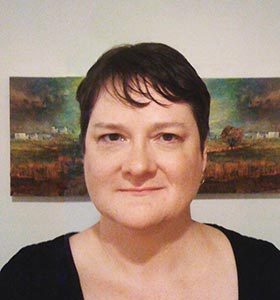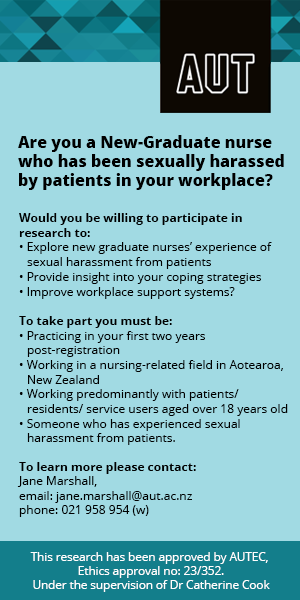
The EOLCA comes into effect on November 7, but its wording sidelined NPs from practising at their full scope, which was an “error”, Oster said.
Under the act’s current wording, NPs can only work “under the instruction” of a medical practitioner – despite being designated as authorised prescribers and autonomous practitioners since 2016, Oster said.
NZNO and NPNZ were working together to try and ensure NPs could practise to their fullest scope, and had raised the issue with the Ministry of Health. But the ministry advised it did not want to risk delaying the new law by attempting any changes to its wording, Oster said.
“The Ministry [of Health] has drawn that line, and it’s not going to change,” Oster said.
She hoped the act would be modified when the law was evaluated, possibly in 2022.
Oster said sidelining NPs would have an impact on access and equity, particularly for those in rural areas and aged care. “Patients should be able to talk to their preferred provider… some people are only covered by an NP, not a doctor.”
In a second blow, NPs are banned from prescribing some unapproved medications supplied under section 29 of the Medicines Act 1981, which would also limit their ability to provide end-of-life care, Oster said.
A global medicine shortage, due to COVID-19, meant many medications NPs were authorised to prescribe under the Medicines Act were not available. But it was not yet clear whether the life-ending medication being considered for use in New Zealand was one NPs were authorised to prescribe.
NZNO acting manager, professional and nursing services, Kate Weston said NPs appeared to have been “sidelined” by the ministry, which was not good for patients. “NPs work in a very holistic way and would be the preferred practitioner of some people. It’s a matter of equity and choice. Why hasn’t the law been created in such a way to support NPs?”


